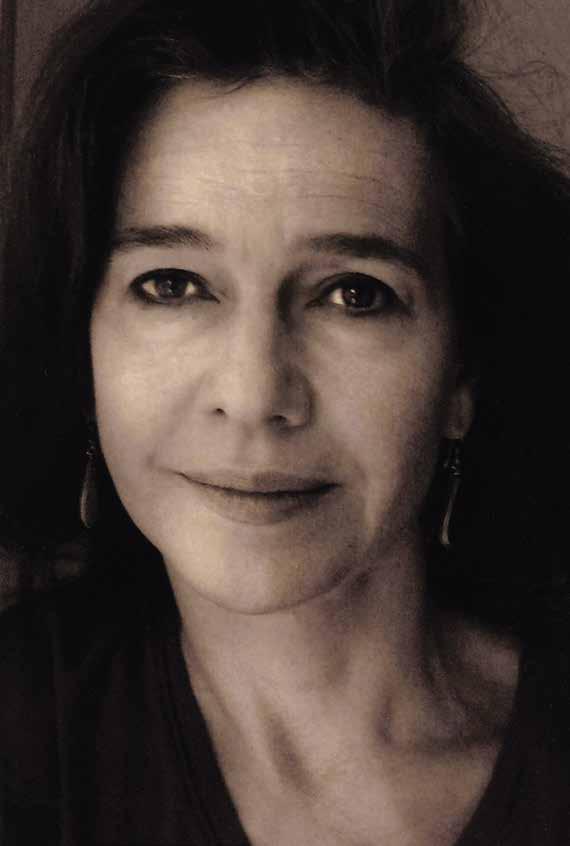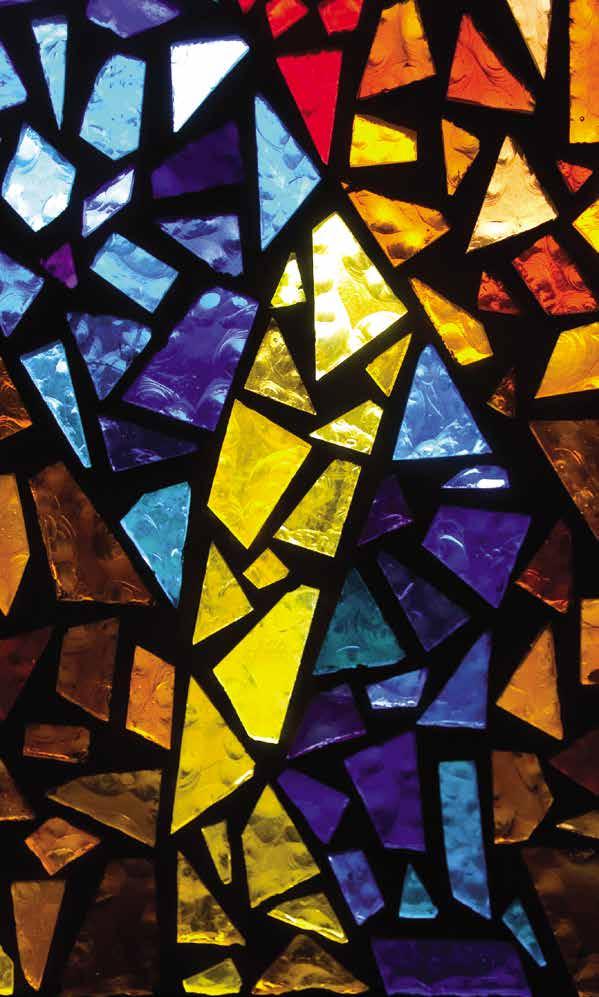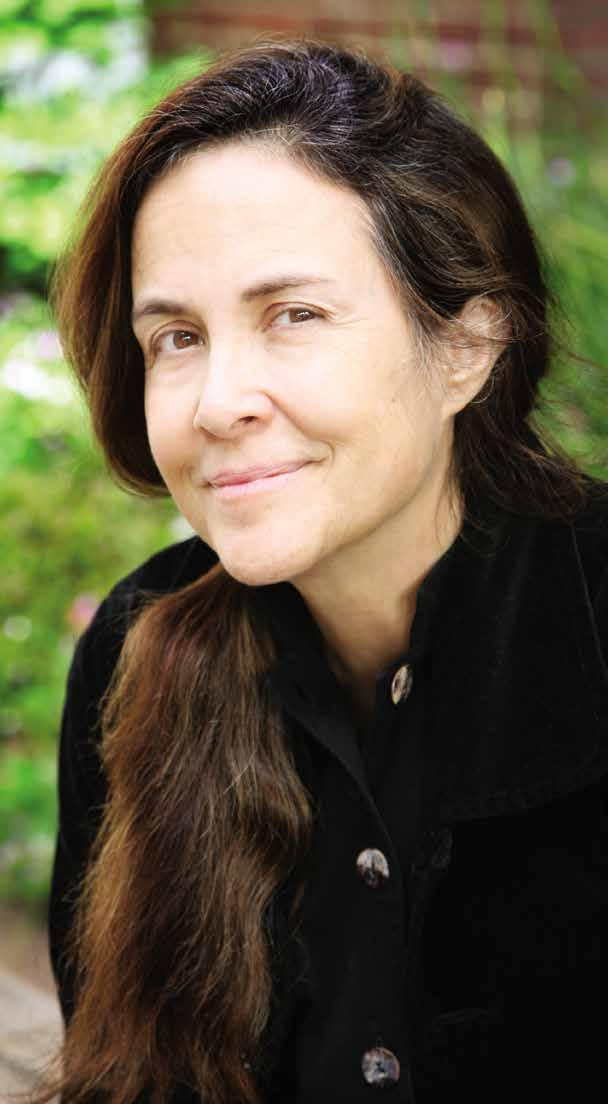
2 minute read
Louise Erdrich
An enrolled member of the Turtle Mountain Band of Chippewa, Louise Erdrich was born in Little Falls, Minnesota, in 1954. Her father, Ralph Erdrich, was of German descent, and her mother, Rita Gourneau, of French and Chippewa Indian descent. The oldest of seven children, she grew up in Wahpeton, North Dakota. At an early age, Erdrich was encouraged by her parents, both of whom taught at the Bureau of Indian Affairs boarding school, to write stories. Erdrich continued her writing by keeping a journal throughout high school.
In 1972, the first year that Dartmouth admitted women, Erdrich enrolled there as a student of English and creative writing. She took courses in the newly implemented Native American Studies department. Erdrich graduated in 1976, and received her Master of Arts degree in writing from Johns Hopkins University in 1979.
Advertisement
Erdrich won the $5,000 Nelson Algren Fiction Award in 1982 with her short story “The World’s Greatest Fisherman.” This would later become the opening chapter for her first novel, Love Medicine, which explores the loss of cultural identity over several generations of a Native American family. Erdrich received the National Book Critics Circle Award for Best Fiction for Love Medicine, which is the first of a series of interconnected novels including The Beet Queen, which also received a nomination for the National Book Critics Circle Award, Tracks, The Bingo Palace, and Tales of Burning Love.
Other awards for Love Medicine include the Pushcart Prize in 1983, the National Magazine Fiction award in 1983 and 1987, the Virginia McCormack Scully Prize for best book of the year dealing with Indians or Chicanos in 1984, and the Los Angeles Times Award for best novel. In 1985, Erdrich received the Sue Kaufman Prize for Best First Novel and the American Book Award.
Erdrich followed the success of her earlier novels with The Antelope Wife, The Last Report on the Miracles at Little No Horse, which was nominated for a National Book Award, and The Master Butchers Singing Club, a mystery which draws upon both her Native American and German-American heritage, as well as Four Souls and The Painted Drum. Often overlapping across the same fictional terrain of a North Dakota reservation, her novels together create a narrative of richness and depth that combines multiple local stories with modern techniques and consciousness.
She is also the author of three volumes of poetry, Jacklight, Baptism of Desire, and Original Fire, and five children’s books: Grandmother’s Pigeon, The Birchbark House, The Range Eternal, The Game of Silence, and The Porcupine Year. Among her many other honors, Erdrich has also won the O. Henry Prize for short fiction, the Western Literary Association Award, and a Guggenheim Fellowship.
In 2009, The Plague of Doves was named a finalist for the Pulitzer Prize and won the Anisfield-Wolf Book Award. Erdrich followed this novel with the equally accomplished Shadow Tag, tracing the dissolution of a marriage and family.
Erdrich currently lives in Minnesota with her daughters. She is the owner of Birchbark Books in Minneapolis.
“Louise Erdrich captures the passions, fears, myths, and doom of a living people, and she does so with an ease that leaves the reader breathless.” -The New Yorker









